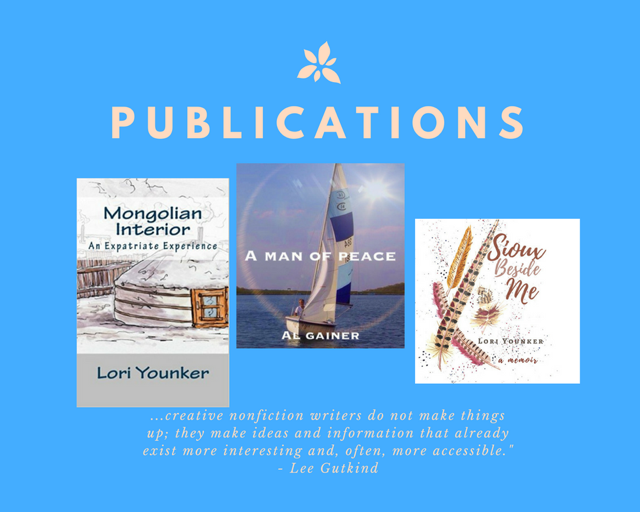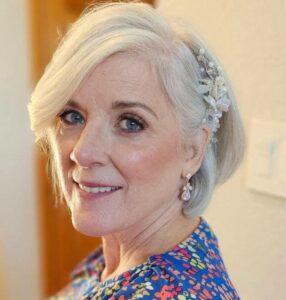In the 1980s, my husband was an Army cook for the 10th Cavalry. The government considered our family of four as “living below the poverty line.” However, I’m here to say that though we only deposited $1000 per month in the bank, we did not act like we were in poverty.
One expert on understanding the effects of poverty on families is Ruby K. Payne Ph.D., who goes to great lengths to inform our nation’s educators on the poverty mindset. In her book, A Framework for Understanding Poverty: A Cognitive Approach, she begins with a working definition of poverty.
Poverty is the extent to which an individual does without resources.
Dr. Payne explains the resources –or rather the lack of resources—affect our upbringing. These would include more than the lack financial or physical resources. She lists several other types that could be inadequate, such as emotional, spiritual, intellectual resources, and so forth.
The situation our family experienced could be called temporary poverty. Since I was raised in a family with a middle-class mindset where education and goals for college and career were paramount, our family structure was stable and fervently committed to the children’s wellbeing.
My husband I tried to keep our family as functional as possible with the resources we had at the time. Though money was low, we weren’t low on love, family time, self-sacrifice and communication. Yet, the lack of financial, medical, and physical resources played a role in our “story.”
…Knowledge of hidden rules, sometimes called mores, is crucial to whatever social group or class in which you wish to live. Hidden rules exist in poverty, in middle class, and in wealth, as well as in ethnic groups and other units of people.
As we see in her quote, she used the phrase “wish to live.” Does her word choice suggest that we can choose to come out of poverty and live a different way. I beg to differ with her in that the child in a home of poverty does not possess this power. Only the decision makers in the family may have this power, unless lack of resources force the adult to stay in the lower social class.
Let’s mention two more definitions to tweak this conversation on poverty and the family. She describes
family structure as the configuration of the relationships within the household,
and family function as the extent to which a child is cared for and nurtured. The two should not be confused. A child can be in an unusual structure that still has family function. However, when both the family structure and the family function are unstable, then the child suffers. (Payne, page 72)
More Reading:
Should I fictionalize my life story?



